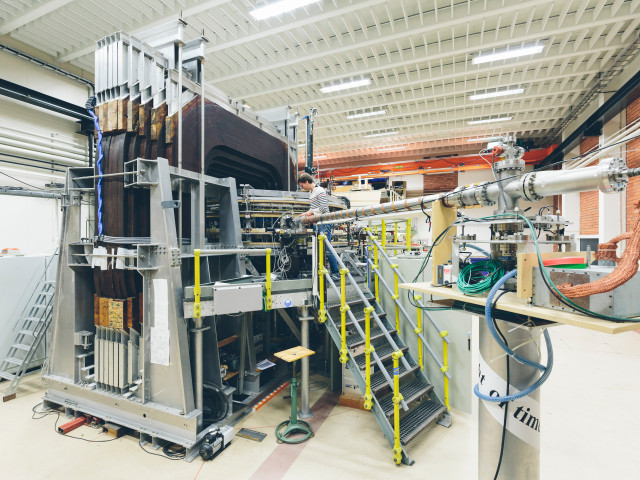The course aims at providing you with a general and broad introduction to the multi-disciplinary field of nanotechnology. During the course you will acquire the basic knowledge of the physical phenomena, theoretical concepts and experimental techniques behind the recent vastly improved ability to observe, fabricate and manipulate individual structures on the nanometer scale.
Another aim of the course is to familiarize with the on-going merge of the top-down approach of microelectronics and micromechanics with the bottom-up approach of chemistry/biochemistry; a development that is creating new and exciting cross-disciplinary research fields and technologies. The recent scientific and technology work in the nano world will be presented to demonstrate the potential of nanoscience and industrial applications of nanotechnology.
A final goal is to give you an insight into complete systems where nanotechnology can be used to improve our everyday life. The course will also have a part for introducing the KTH library services and scientific information search on different databases. Introduction to scientific report writing is also an integral part of the library program.
